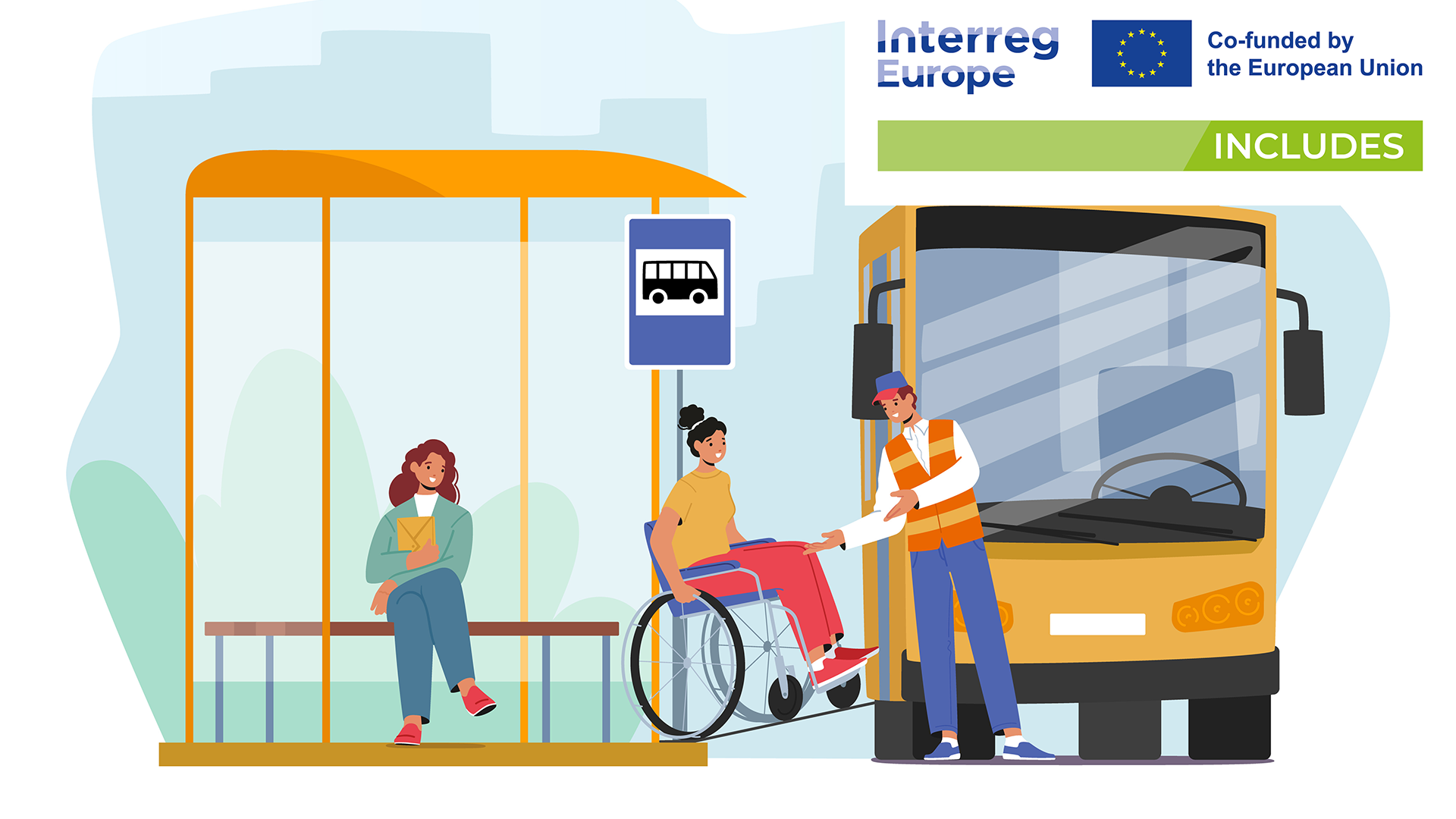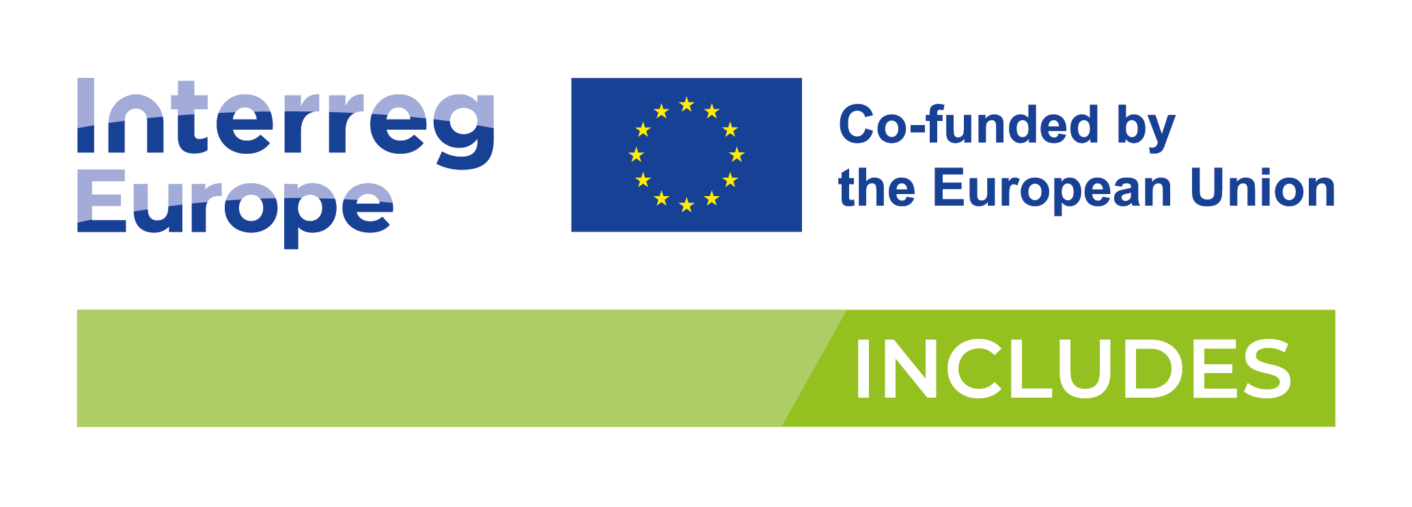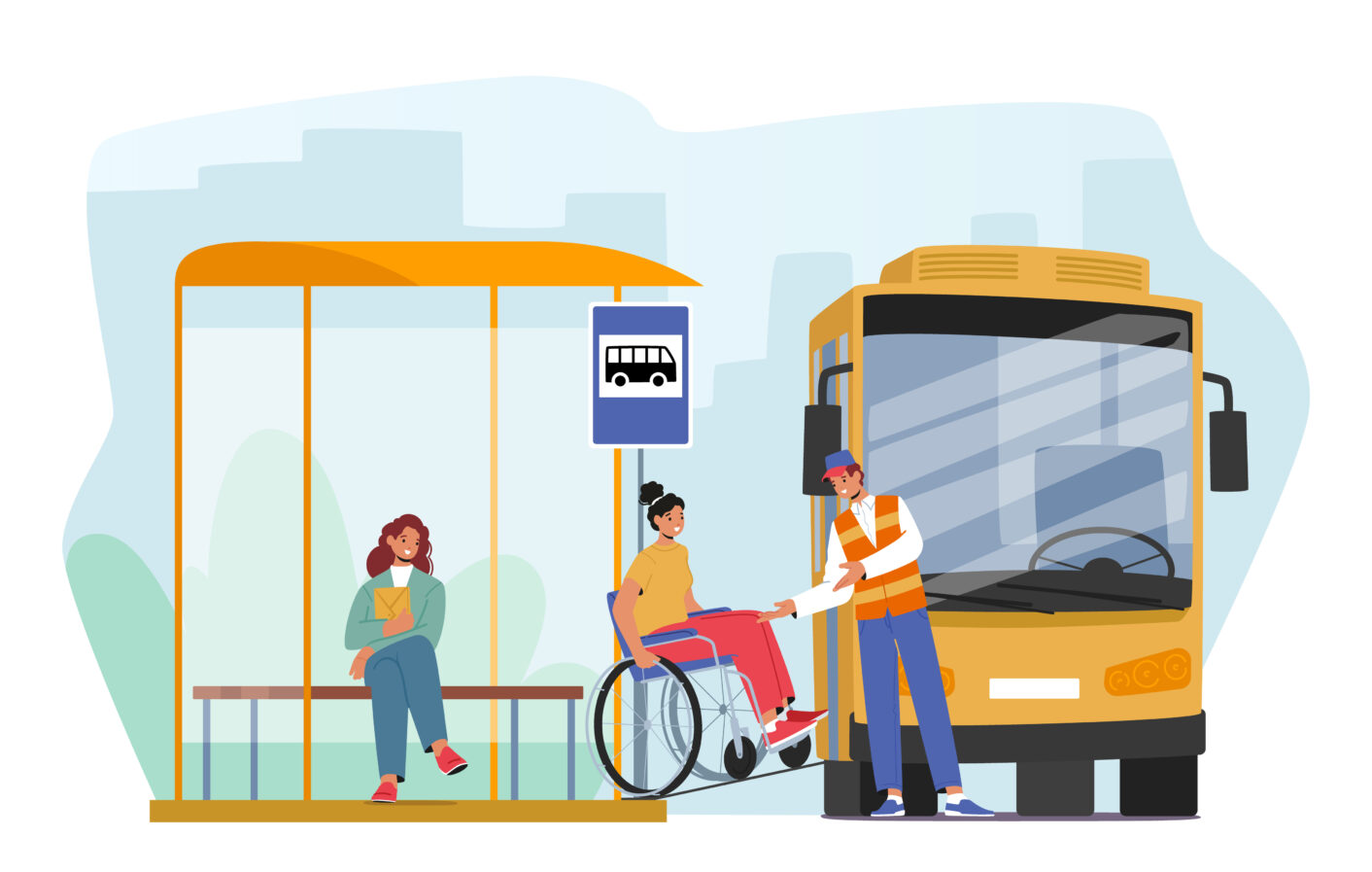INCLUDES – Promoting just and inclusive mobility policies in European regions

Project duration
Source of funding
Interreg Europe
Total funding
1 710 084 €
Mobility systems should be accessible to all, despite physical, sensory or cognitive capabilities. The needs of vulnerable users in European mobility systems, such as the elderly, people with physical or sensory disabilities, pregnant women or children, are, however, still not always fully addressed. Policies in European countries need to be improved to ensure our mobility systems are just, affordable, available, accessible and appropriate for all. INCLUDES brings together seven partners from six European countries with the shared aim of improving the implementation of public policies to support regions transitioning towards low-carbon, sustainable and inclusive transport. The project will build public authorities’ capacities to design more inclusive mobility policies via an open exchange of information and by sharing practical examples on the different dimensions of just and inclusive mobility planning.
Local, regional, and national policies are crucial for planning, investment, procurement, and regulation of transport and mobility. To ensure justice and inclusion in these policies, the INCLUDES project focuses on three main objectives:
- Assessing the current state of inclusion in transport and mobility planning and policies in the partner regions.
- Exploring thematic sub-topics on different levels of learning.
- Improving policies based on identified needs and knowledge gained from regional and interregional learning processes.
Applying a thematic approach to improve policies
The project applies a thematic approach with five key topics: three thematic aspects (physical, digital, and financial accessibility) and two methodological aspects (data as a governing tool and participatory methods). In addition, a policy assessment framework is developed to aid with the policy improvement process, utilizing knowledge on the barriers, success factors, and conditions influencing inclusive mobility planning.
Improving policies for a more inclusive, just, and low-carbon mobility system.
Collaboration and learning at the heart of the project
The project aims to enhance both individual and organizational capacities to improve policies for a more inclusive, just, and low-carbon mobility system. Interregional meetings and local stakeholders play a vital role in this learning process, providing insights into local conditions and enabling knowledge exchange. Continuous review and analysis of good practices also feed into policy development, with peer reviews assessing policy improvements.
Genuine needs from the stakeholders
Policies developed by and for vulnerable users ensure genuine needs are addressed. Stakeholders, including associations representing vulnerable users, are involved from the start to contextualize themes and localize learnings. In the Turku region, for example, the project is developing the Turku region transport system plan in cooperation with transport system working groups and local associations.

-
Press Release

Turku AMK develops more equal transport in the Turku region
The international project, led by Turku University of Applied Sciences, promotes more equitable and sustainable urban transport in Finland, Hungary, Greece, Italy, the Czech Republic and France. Transport planning and decision-making does not always take sufficient account of the specific needs of vulnerable groups, such as the elderly, the physically or mentally handicapped, women or children. The project will develop strategies and plans to guide mobility planning and improve the skills of experts and organisations.
Contact us
Subscribe our INCLUDES newsletter
By subscribing to the INCLUDES newsletter, you will receive information about our current news and events in your email approximately 2-4 times a year.
If you cannot see the order fields, please change your cookie settings. You can find them by clicking on the icon in the lower left corner of our website.

Partners
- Regional Council of Southwest, Finland
- Centre for Budapest Transport (BKK), Hungary
- Municipality of Heraklion, Greece
- SRM Networks and Mobility , Italy
- Transport Research Centre (CDV), Czech Republic
- County of Seine-Saint-Denis, France
Get to know the research group
-
Research group
New Energy
See all our projects
We carry out nearly 200 RDI projects annually together with working life and our international partner networks.

